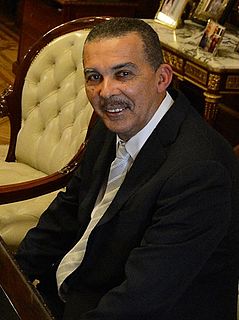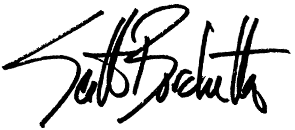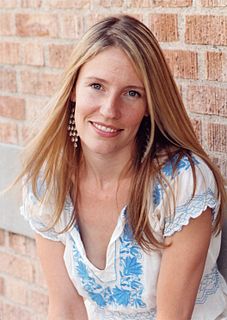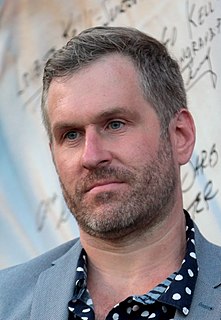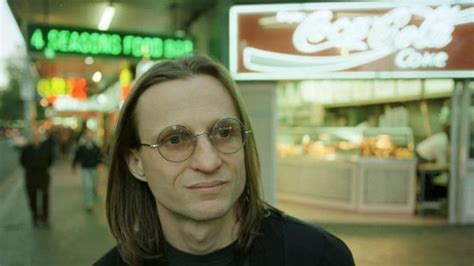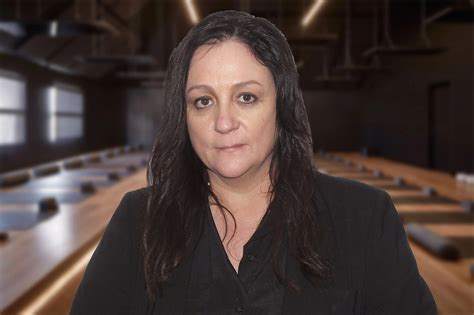A Quote by Umberto Eco
Media populism means appealing to people directly through media. A politician who can master the media can shape political affairs outside of parliament and even eliminate the mediation of parliament.
Related Quotes
Is there some reason why the quality of people going into the parliament is not as high? I don't know the complete answer, but I think - in fact, I'm sure - that part of it is the increasing intrusiveness of the media - the general media and social media - into the private lives of politicians and their families.
Thinking about free speech brought me to media regulation, as Americans access so much of their political and cultural speech through mass media. That led me to work on the FCC's media ownership rules beginning in 2005 to fight media consolidation, working with those at Georgetown's IPR, Media Access Project, Free Press, and others.
I have learned one thing, because I get treated very unfairly, that's what I call it, the fake media. And the fake media is not all of the media. You know some tried to say that the fake media was all the media, no. Sometimes they're fake, but the fake media is only some of the media. It bears no relationship to the truth.
In many European countries we have populist indirect democratic systems. The people elect, in a proportionate manner, a parliament. The parliament with all its parties is representative of the political opinions among the citizens. It is reasonable to claim that the people rule itself through the political institutions.
My definition of media? 'Anything which owns attention.' This could be a game or, perhaps, a platform. Ironically, the media tends to associate media with publishing - digital or otherwise - which, in turn, is too narrow a way to consider not only the media but also the reality of the competitive landscape and media-focused innovation.
I would describe myself as a writer and a student of media. If there's a central idea in media theory, it's to take media as form. It might grow out of philosophical aesthetics or the study of literature and visual art, but the various strands of media theory converge in treating all of those as subsets of the study of media as form.


